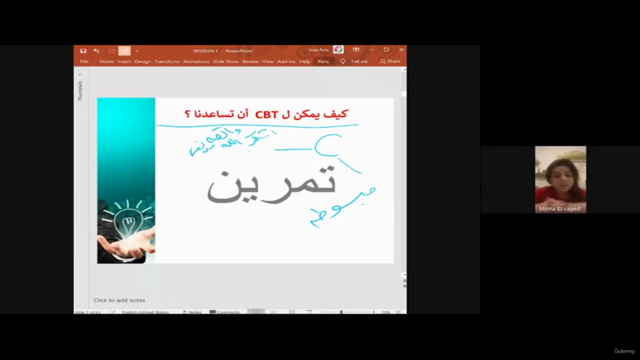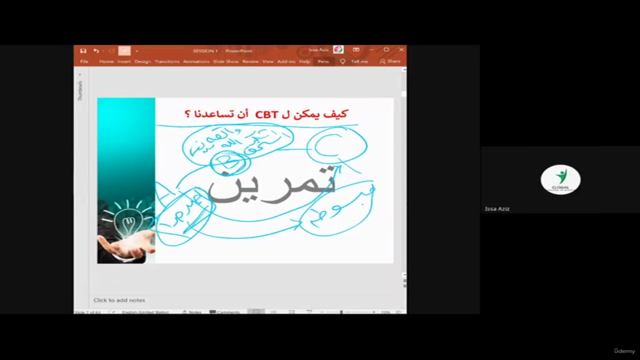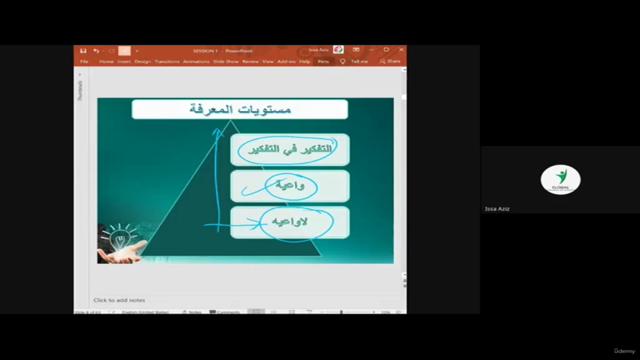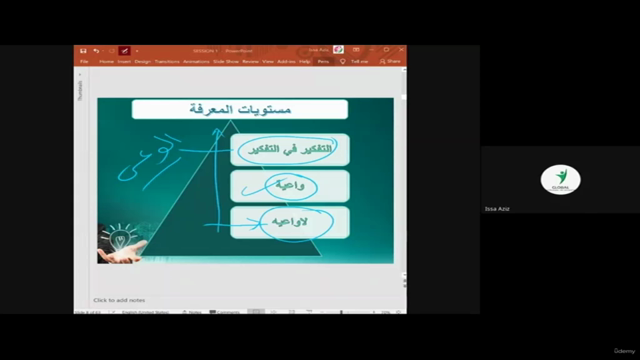CBTC كوتشنج العلاج المعرفي السلوكي

Why take this course?
شكرًا على هذه الوصفة الطيالة والرأية الدقيقة حول العلاج المعرفي السلوكي (CBT)، وأن هناك بنت من الاهتمام والطلب على هذه النوع من العلاج. الإضافة إلى محتوى مثل هذا يساعد في توضيح مكانة المفهوم والقيمة بالعلاج المعرفي السلوكي وإضافة شؤون طبيعية حول مشارك. DIP What is Cognitive Behavioral Therapy (CBT)? CBT is a form of psychotherapy that helps individuals understand and change the way they think about themselves, their experiences, and their world. It combines cognitive (thought) processes with emotional and physiological well-being. The primary goal of CBT is to identify negative thought patterns and to understand and work through associated emotions and the impact of thoughts on behaviors. This approach is evidence-based and uses a variety of techniques in its practice including, but not limited to, mindfulness, behavioral activation, cognitive restructuring, and exposure therapy. Who can benefit from CBT? CBT is beneficial for individuals struggling with various mental health issues such as anxiety, depression, phobias, obsessive-compulsive disorder (OCD), post-traumatic stress disorder (PTSD), and many other conditions. It is also a proactive treatment that can be utilized to enhance overall wellness in individuals who are mentally healthy but wish to maintain their mental health status or improve their quality of life. Why consider CBT? CBT has been recognized for its efficacy, adaptability across a wide range of populations, and its evidence-based practice. It is considered effective for a broad spectrum of psychological conditions and mental wellness issues. CBT has been proven to be as effective as medication in treating depression and generalized anxiety disorder, with the added benefit that it can often provide long-term benefits beyond the treatment period. How do I become proficient in CBT? To become proficient in CBT, one typically follows a structured educational program or pathway. This may include:
- Formal education: Obtaining a bachelor's degree in psychology, social work, counseling, or a related field.
- Graduate education: Pursuing a master's degree or Ph.D. in clinical or counseling psychology with a specialization in CBT.
- Practicum and supervision: Engaging in practical fieldwork under the direct supervision of an experienced licensed psychologist or therapist who is specialized in CBT.
- Continuous professional development: Participating in workshops, seminars, conferences, and training programs that focus on advancing knowledge and skills specifically related to CBT.
- Accreditation and certification: Obtaining accreditation and certification from recognized professional bodies that endorse the practice of CBT. Is there a course or program for those with an interest in CBT but not intending to pursue it as a profession? Yes, there are numerous resources available for individuals who have an interest in CBT but do not intend to pursue it professionally. These include:
- Online courses and certifications.
- Books, articles, and videos that provide an overview of CBT principles and practices.
- Community workshops and talks.
- Informal learning through discussion forums (LDFs) or social media platforms where individuals can engage in discussions about CBT topics and case studies. What are the next steps for someone interested in learning more about CBT? For anyone interested in learning more about CBT, the next steps would typically involve:
- Conducting research on CBT to gain a foundational understanding of its principles, techniques, and applications.
- Identifying resources such as books, articles, online courses, workshops, or seminars that focus specifically on CBT.
- Attending educational sessions or programs that are focused on CBT.
- Practicing the skills learned through applying them in everyday life scenarios to enhance personal understanding and application of CBT concepts.
- Engaging with a community of practitioners, peers, or professionals who are knowledgeable and experienced in CBT to gain insights and learn from shared experiences and collective wisdom. How can one contribute to the field of CBT? Contributing to the field of CBT can be done in various ways:
- Conducting research studies on CBT efficacy, outcomes, or comparative analyses.
- Publishing findings in academic journals or writing books or articles on CBT topics.
- Developing and delivering training programs or workshops focused on CBT.
- Innovating new therapeutic techniques or tools that complement existing CBT practices.
- Advocating for increased awareness, understanding, and accessibility to CBT services for individuals in need. In Summary: CBT is a powerful tool for mental wellness and psychological health. It empowers individuals with the skills to change unhelpful thinking patterns into more adaptive, functional, and beneficial thought processes. By doing so, it helps individuals manage their emotions, behaviors, and experiences more effectively. The potential impact of CBT on an individual's quality of life is immeasurable. It offers hope where there was none. For those interested in learning more about CBT or for those seeking the benefits of CBT for their own mental health, the opportunities to do so are abundant and accessible. CBT: Changing negative thought patterns into positive, functional, adaptive, and beneficial thinking for better mental well-being and emotional health.
Course Gallery




Loading charts...